5. The Village (2004)
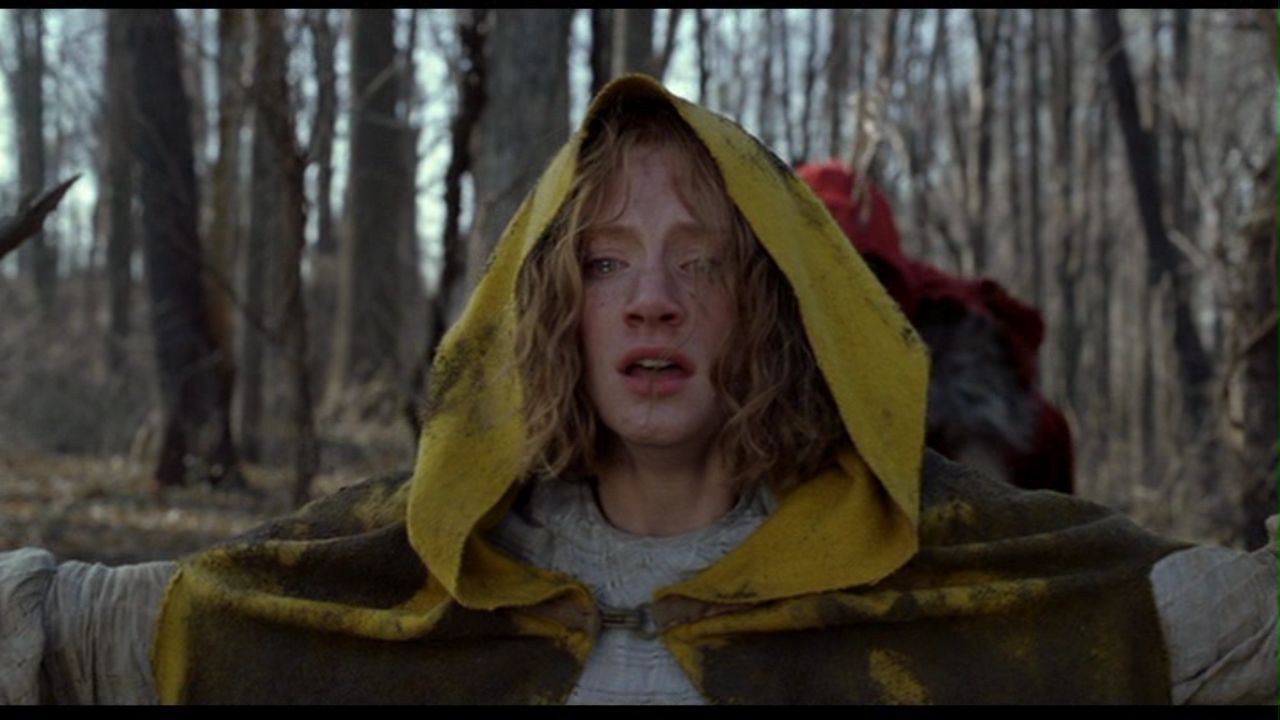
When it comes to M. Night Shyamalan films, the audience has come to expect a twist ending. The Village is no exception to this, yet whereas some of M. Night Shyamalan’s twists elicit shock and awe, The Village’s twist ending falls more into the category of ridicule and disappointment.
The premise of The Village is that the villagers of a nineteenth century community, all greatly fear the unknown creatures that inhabit the surrounding forest. The twist reveals that the film is in fact set in the present, and ‘The Village’ is the brainchild of Chief Elder Edward Walker. The creatures are the village Elders, who dress up to scare the younger villagers into staying within the village’s boundaries.
On the surface, this twist seems vaguely clever if not slightly unbelievable. But the main problem with The Village’s ending is that it offers no payoff whatsoever for the rest of the film. Any tension, and intrigue that had built up, disappears in an instant. And the supposed message that modern society is the real ‘monster’ just feels pretentious. Other films have portrayed this message much more effectively than The Village, and so in this way, the ending of The Village just does not satisfy the audience at all.
4. Indiana Jones and The Kingdom of Crystal Skull (2008)
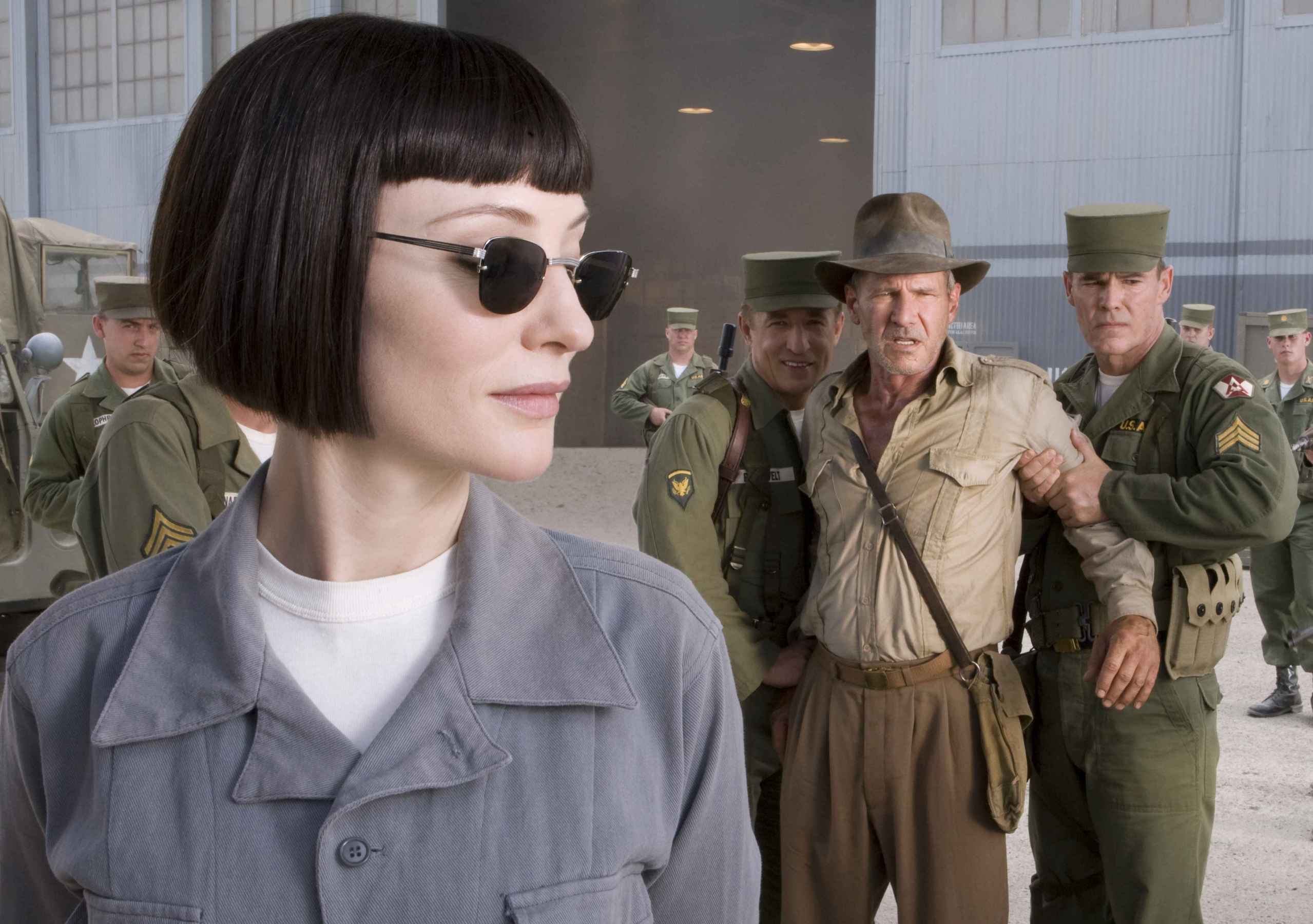
Indiana Jones and The Last Crusade wrapped up the Indiana Jones trilogy perfectly, yet as with any great franchise, fans wanted more. Indiana Jones and The Kingdom of Crystal Skull was the answer to these cries.
The film was a financial success at the box office, but received mixed reviews. The first two acts and the majority of the third act of Indiana Jones and The Kingdom of Crystal Skull, can be mostly forgiven for its flaws. It is a fun and irreverent film, if you do not take it too seriously. However, the last ten minutes of the film strays into such absurdly cringeworthy territory, that it makes it much harder to view Indiana Jones and The Kingdom of Crystal Skull as anything other than slightly embarrassing.
The use of aliens as part of the plot was bad enough, and the UFO emerging emitted a sigh rather than awe. But the ending scene which sees eternal bachelor Indy get married feels so tacked on that it is almost blink and you will miss it. When the wind blows the fedora into the church where it lands at the feet of Mutt, it feels incredibly cheesy. A fifth Indiana Jones film is currently in pre-production, and hopefully it will end on a better note than the fourth film.
3. War of the Worlds (2005)
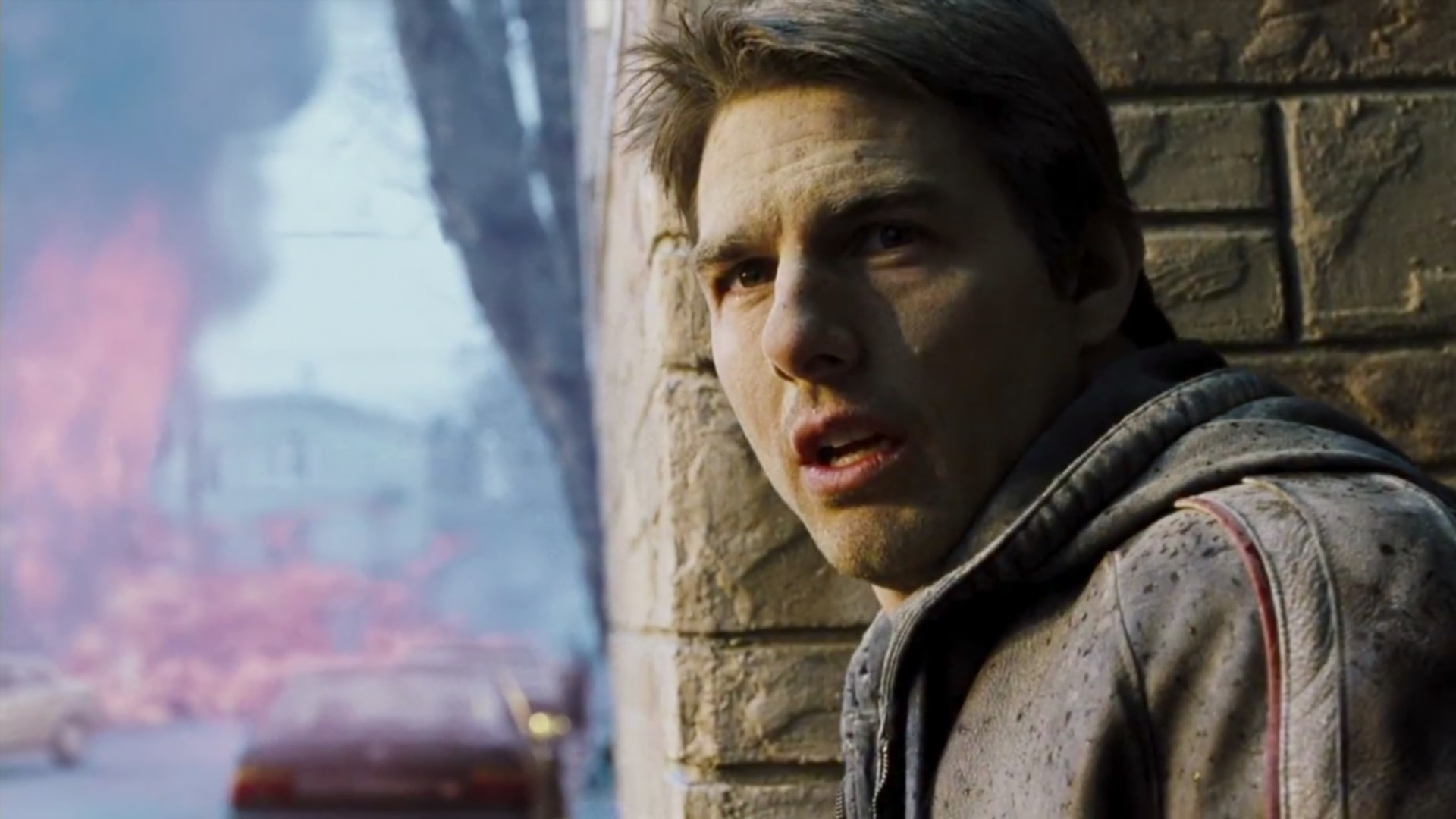
When you put together Steven Spielberg and science fiction, you know that you are in for a treat. His loose adaptation of H.G Well’s novel ‘The War of the Worlds’, is no exception. For much of the film, you are treated to a suspenseful and dark thriller, not to mention brilliant visual effects.
Yet a film which could have been great, becomes average when you consider the ending. The tension has been built up, the odds seem insurmountable and you presume the worst may have happened to one of the characters. And then suddenly, after all that emotional turmoil, out of nowhere comes a cliché happy ending that is so convenient that it feels like a slap in the face.
Tom Cruise’s character Ray and Dakota Fanning’s character Rachel reach the safety of a family member’s house, which has miraculously been untouched during all the chaos and havoc. There they are reunited with Ray’s son Robbie, who was last seen in a massive explosion, and by all rights should have died. Amongst this teary and sickly-sweet ending, it is revealed that the alien invaders met their doom after being infected by Earth’s bacteria. They were invulnerable to all weapons, but not the bacteria. Whilst the ending may be happy, and seemingly conclusive, it is also desperately unsatisfying and does not go with the rest of the film’s dark tone.
2. X-Men: The Last Stand (2006)
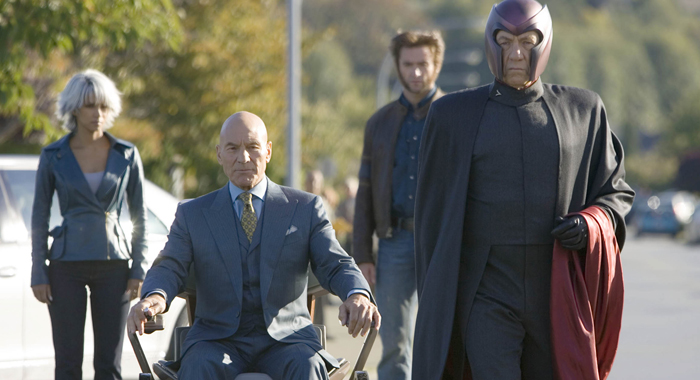
Brett Ratner took over directing duties from Bryan Singer for the third instalment in the X-men trilogy. In this film, a ‘cure’ has been found for the mutant gene and the X-men are divided by those who approve of the cure, and those who do not.
This instalment had the biggest budget of the trilogy, extensive visual effects and was a box office success. Despite that, the film has been heavily criticised. Some of this is due to the change in direction and story, but much of criticism has landed on the terrible ending.
By the end of X-men: The Last Stand, many of our heroes are either dead or cured, which leaves them powerless. This invalidated the whole series so far, and felt so depressing. After being invested in the characters, the gloomy result of the trilogy just falls flat and feels like a let-down.
Plus, the added tease of the cure perhaps being short term, as shown in the scene where Magneto manages to wobble the metal chess piece and the post credits scene in which it appears Professor X may still be alive, are both just wildly frustrating. And it just screams, why?! Thankfully X-men: Days of Future Past appeared to drastically alter many of the events in X-men: The Last Stand or erase them completely, so there is that at least.
1. Tim Burton’s Planet of the Apes (2001)
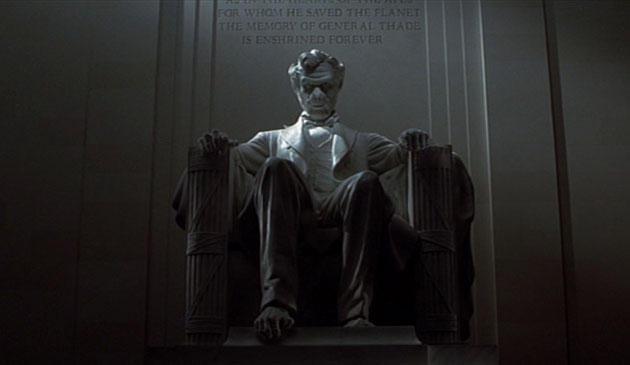
This 2001 remake of the classic 1968 film may have been a financial success, but was not well received by critics and audiences alike. This was mostly due to the ambiguous ending, which saw Mark Wahlberg’s character Captain Leo Davidson crash land back on Earth at the Lincoln Memorial, only to be greeted with a statue monument of General Thade and then swarmed upon by Police Apes.
Not only was this ending seen as confusing and slightly disorientating, since it is not clear where we are in the timeline and what exactly has happened. The ending also felt like a cop out, and negates the rebellion and struggle that has just played out. Which sort of makes the whole film feel pointless.
Tim Burton may be known for his eccentric and quirky films, but his remake of Planet of the Apes felt like a step too far into absurdity. Consequently, the Planet of the Apes franchise was rebooted in 2011 by Fox, and has been met with financial and critical success.
Author Bio: Cara McWilliam-Richardson is a writer with a passion for films and filmmaking. She has written several screenplays, and is currently working on her first novel. Her favourite genre to write is fantasy and science fiction.